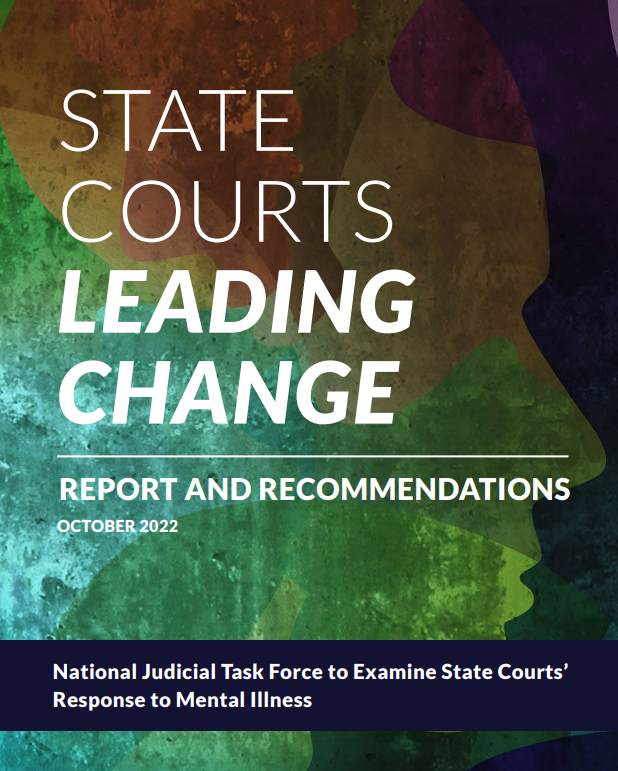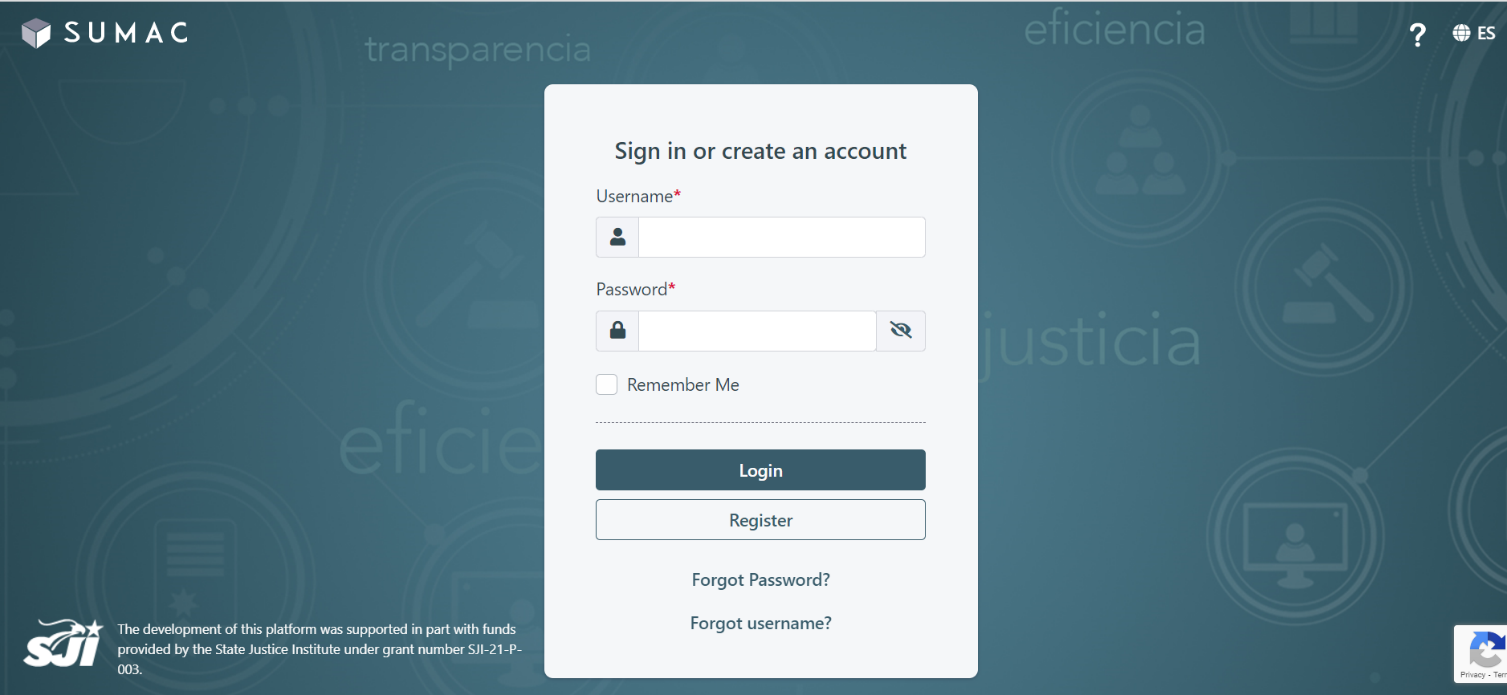Application Deadline: March 15th, 2023
According to the U.S. Department of Health and Human Services, Administration for Children and Families, Administration on Children, Youth and Families, Children’s Bureau, on average over 400,000 abused and neglected children live in foster care in the U.S. and foster care systems serve over 600,000 children and youth every year.[1] According to the U.S. Department of Justice, Office of Juvenile Justice and Delinquency Prevention, in 2020, 34% of child maltreatment victims were under age 3, more than half were female (51%), 44% were white, and the majority (61%) experienced neglect, and American Indian/Alaskan Natives, Black, multiple race, Pacific Islander, and Hispanic youth were more likely to be victimized than white youth.[2] State courts play a pivotal role in the lives of these children and families. Every day judges are faced with difficult decisions affecting children and youth with foster care system involvement, continually challenged to find the right solutions in each of their cases.
Through a special Request for Applications (RFA) process, SJI will award grants to further improve state court efforts in addressing child abuse and neglect. SJI intends to award grants that will enhance state and local court ability to handle these challenging cases, and better serve youth and their families. In addition to meeting all other application requirements, SJI will give priority consideration for funding to projects that focus on institutionalizing, replicating, and/or building on national best practices and procedures in child abuse and neglect cases. Applications should address one or more of the key principles detailed below:
- Keeping families together
- Ensuring access to justice
- Cultivating cultural responsiveness
- Engaging families through alternative dispute resolution techniques
- Ensuring child safety, permanency, and well-being
- Ensuring adequate and appropriate family time
- Providing judicial oversight
- Ensuring competent and adequately compensated representation
- Advancing the development of adequate resources
Project proposals must not duplicate existing activities supported by other sources, such as the U.S. Department of Health and Human Services, Children’s Bureau’s Court Improvement Program.
Eligible applicants may apply for funding based on the categories below:
Category 1-Local Court: Eligible local court applicants may apply for up to $50,000 for a period of up to 12 months.
Category 2-State or Territory Supreme Court and/or the Administrative Office of the Courts: Eligible state (or territory) supreme courts and/or administrative court office applicants may apply for up to $100,000 for a period of up to 12 months. They may also submit applications on behalf of one or more local courts for up to $50,000 per locality for up to 12 months and must agree that all funds will go directly to the local court(s).
Category 3-Non-profit, For-profit Organizations and Institutions of Higher Education: Eligible non-profit, for-profit organizations, or institutions of higher education applicants may apply for up to $150,000 for a period of up to 18 months.
Cash match for these grants will be waived; however, applicants are encouraged to include as much cash and in-kind match as possible towards their proposed project.
Applications, along with all required forms and attachments, are due to SJI the SJI Grant Management System (GMS) by March 15, 2023, to be eligible for consideration for the first round of review. Applications received after March 15, 2023, will be reviewed, and if approved, awarded on a rolling basis in FY2023. It is anticipated that awards will be made beginning May 1, 2023.
Full instructions are available here.
[1] Children’s Bureau Adoption and Foster Care Analysis and Reporting System (AFCARS) Report #9.Online. Available: https://www.acf.hhs.gov/sites/default/files/documents/cb/afcarsreport28.pdf. Released on November 1, 2022.
[2] OJJDP Statistical Briefing Book. Online. Available: https://www.ojjdp.gov/ojstatbb/victims/qa02107.asp?qaDate=2020. Released on April 18, 2022






